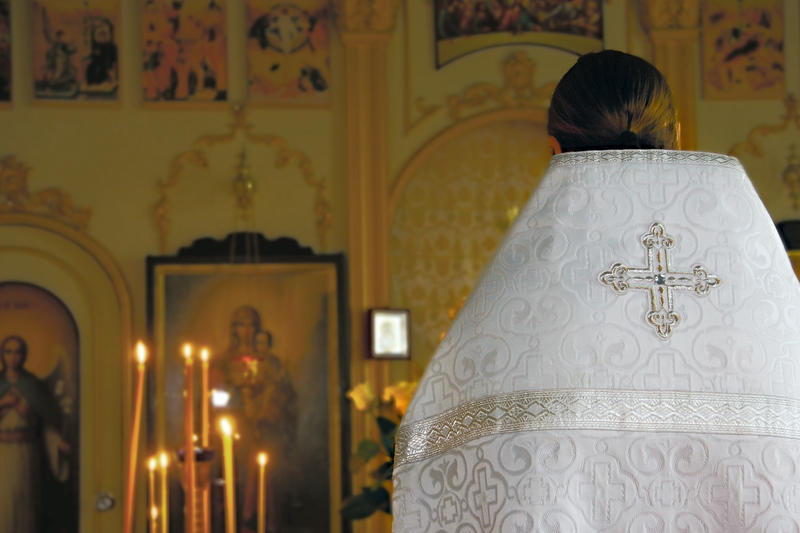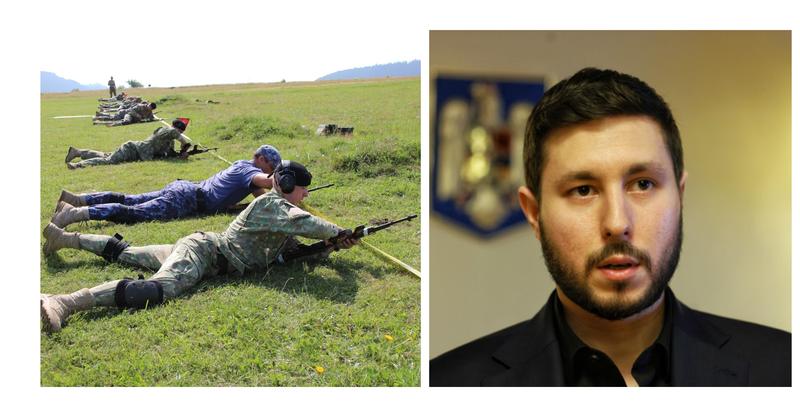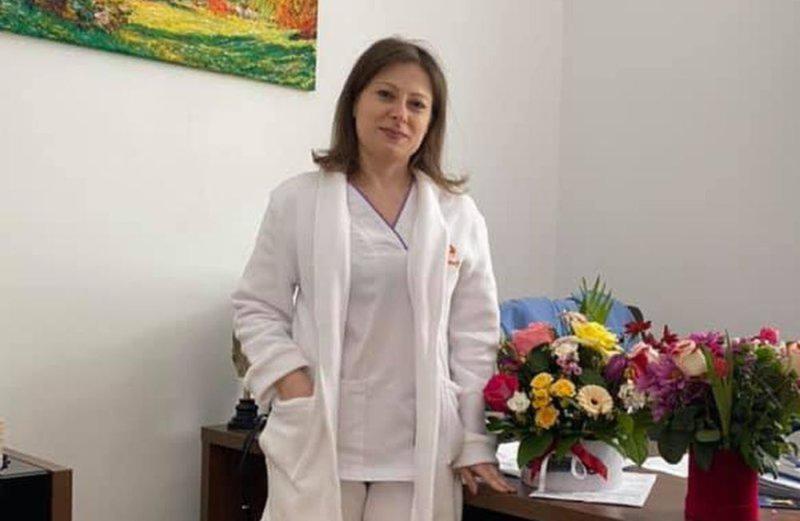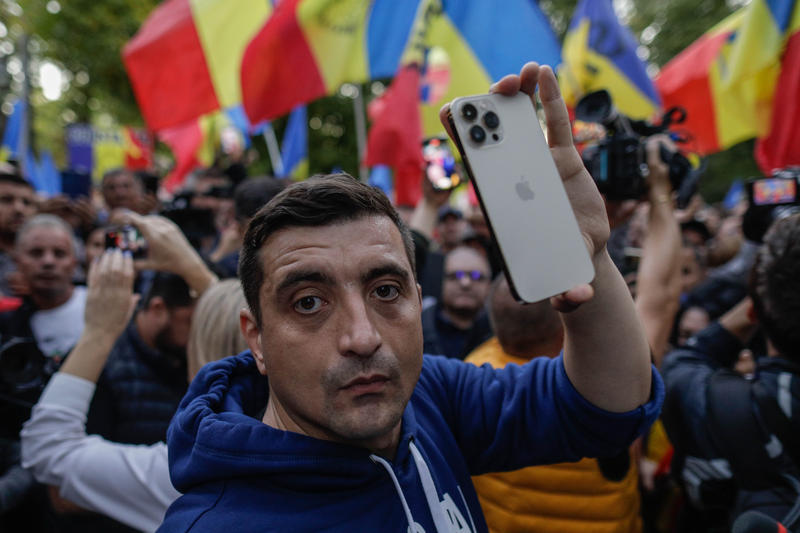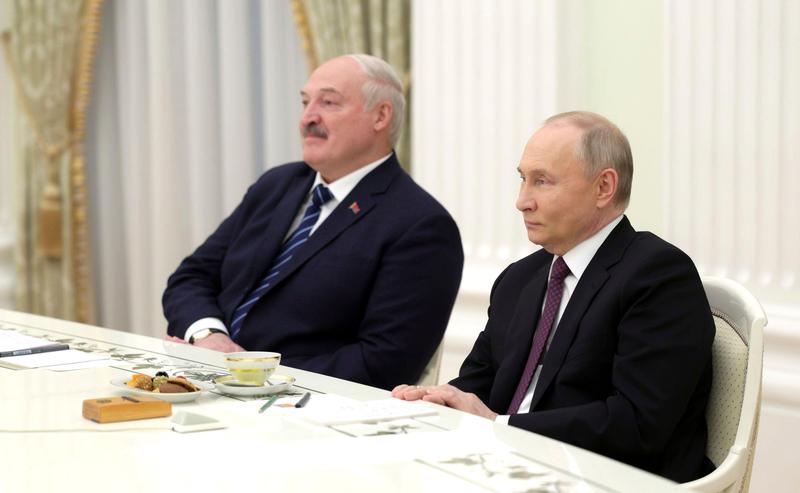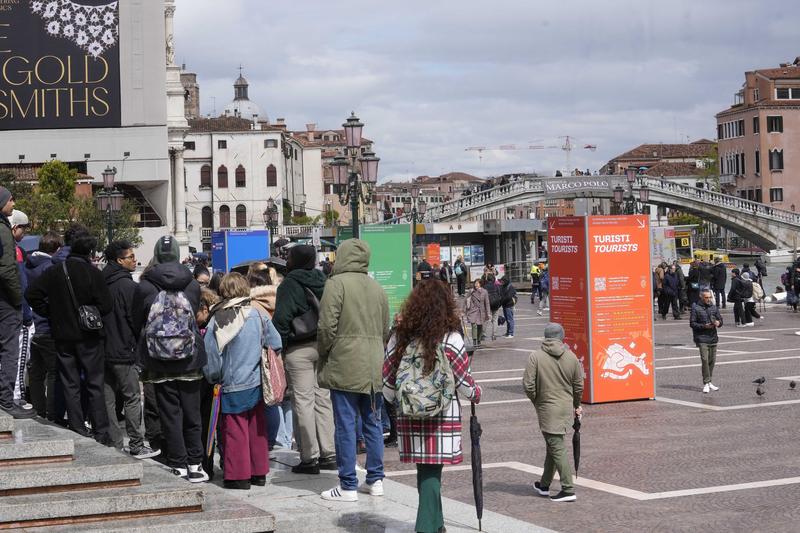Two major judicial cases involving key public figures in Romania went international these days, shortly after the country took over the EU Council presidency. Both are related to the fight against corruption in the country and involve two major opponents - a former top anti-graft prosecutor and a political leader who had received a conviction.
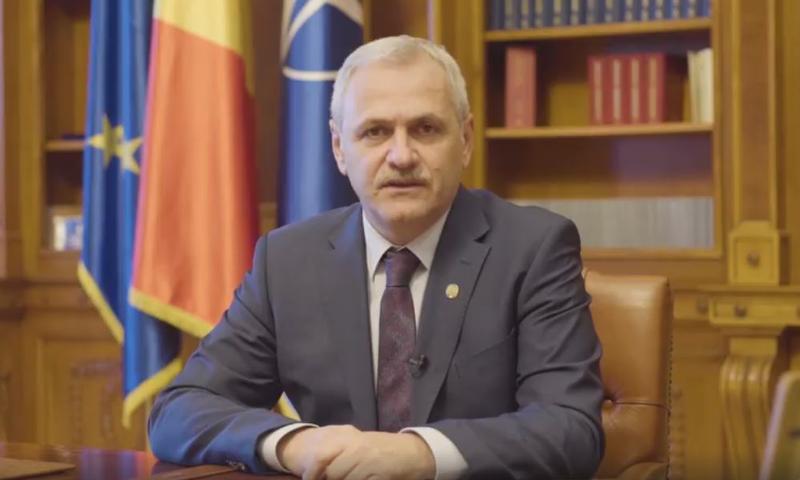
Earlier this week, a video became viral among Romanians: part of a BBC Newsnight interview with Romanian Foreign Minister Teodor Melescanu, who can hardly put any logical defense to the BBC reporter's questions on how the governing party, the Social Democrats, led by a politician (Liviu Dragnea) who has received a corruption-related sentence, was pushing amnesty for politicians guilty of corruption.
Romania's foreign minister says an amnesty for his country's corrupt politicians may be "an alternative solution" to relieve their overcrowded prisons@maitlis | @teodormelescanu | #newsnight pic.twitter.com/aTgwtVGEzC
— BBC Newsnight (@BBCNewsnight) 7 January 2019
The face-off was relevant especially in the light of two cases announced this week at European level, one involving Dragnea himself, another - former National Anti-Corruption Department (DNA) chief Laura Codruta Kovesi.
Liviu Dragnea, who has received a permanent but suspended sentence for electoral fraud, another sentence in a different case, which is not yet final, is facing more troubles with a case to which the European Commission's anti-fraud office OLAF has contributed.
- Now, at the EU tribunal in Luxembourg, it has come to light that Dragnea has challenged a report put up by OLAF, which found a EUR 20 million fraud involving EU funds by a company linked to the Romanian politician, Tel Drum. Dragnea is facing a criminal inquiry in the case. According to Ziare.com, the Romanian news website which revealed the action, this shows Dragnea wanted to get an annulment of the OLAF report by collateral means.
Meanwhile, on Tuesday, Radio station Europa FM announced that former top anti-graft prosecutor Laura Codruta Kovesi was challenging at the European Court of Human Rights (ECHR) the decision that saw her removed from office last year. She said several of her rights were breached in the process, which involved the Constitutional Court.
- She was ousted as chief prosecutor of the DNA at the pressure of Justice minister Tudorel Toader at the peak of PSD-led efforts to subdue the fight against corruption in Romania, a campaign which also involved many legislative changes. President Iohannis resisted Toader's push to see Kovesi gone from office, but the dispute reached the Constritutional Court, which in controversial circumstances made way for Kovesi's removal.

